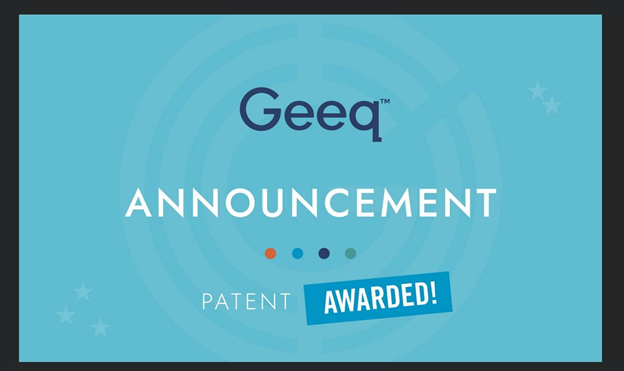Attorney General Merrick Garland defended his handling of the years-long federal investigation of Hunter Biden on Wednesday as he faced a slew of questions from House Republicans.
Garland is appearing before the House Judiciary Committee as part of a routine oversight hearing. But Republicans are, unsurprisingly, focusing almost entirely on the Hunter Biden investigation — specifically, the appointment of David Weiss as special counsel and IRS whistleblower allegations of interference with the probe.
Garland largely deflected questions about details of the Hunter Biden inquiry, while indirectly batting down allegations that he had meddled in the investigation into the president’s son.
“I promised the Senate … that I would leave Mr. Weiss in place and that I would not interfere with his investigation. I have kept that promise,” Garland said in response to a question from Rep. Mike Johnson (R-La.).
He added in a separate back-and-forth that he would not “discuss internal Justice Department deliberations whether or not I had them” in regard to the Hunter Biden probe.
But he specified that no one at the White House had provided direction to him or other senior DOJ officials. He also said he didn’t believe he had discussed the matter with officials at FBI headquarters.
IRS whistleblower Gary Shapley has alleged that U.S. Attorney David Weiss said he wasn’t empowered to decide on whether to bring charges in the Hunter Biden probe outside of his Delaware district. An FBI official involved in the investigation also indicated that the U.S. attorney in California had declined to partner with Weiss in pursuing tax charges against the president’s son, though others interviewed by the panel have indicated that they believed Weiss had full authority.
Both Garland and Weiss have previously said – publicly and in letters to Congress – that Weiss had the ultimate power to bring charges in the case, whether in or outside of his Delaware jurisdiction. Among the options under discussion at the time was giving Weiss special attorney status, which would have let him bring charges outside of his district even if another prosecutor declined to partner with him.
Garland ultimately gave Weiss special counsel status instead, telling the committee that Weiss believed he had reached a stage where it would be appropriate.
“A U.S. attorney in another district does not have the authority to deny another U.S. attorney the ability to go forward, and I have assured Mr. Weiss that he would have the authority one way or the other,” Garland said.
Garland’s testimony comes at a key moment – it’s the first time he has appeared before the House GOP committee since the whistleblower allegations emerged, the implosion of Hunter Biden’s plea deal and Weiss’ later appointment as special counsel for the Hunter Biden investigation.
Jordan, in a letter this week, asked DOJ to confirm that Weiss will appear before his committee next month. Garland indicated on Wednesday that he expected Weiss to testify publicly but did not say when.
Garland also used his testimony to defend DOJ from fierce criticism by House Republicans – some of whom have threatened to defund his office or the department as a whole.
“Our job is not to do what is politically convenient. Our job is not to take orders from the president, from Congress, or from anyone else, about who or what to criminally investigate. As the president himself has said, and I reaffirm here today: I am not the president’s lawyer,” Garland said.
Josh Gerstein contributed.






